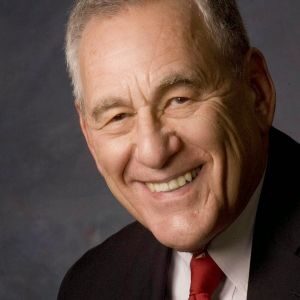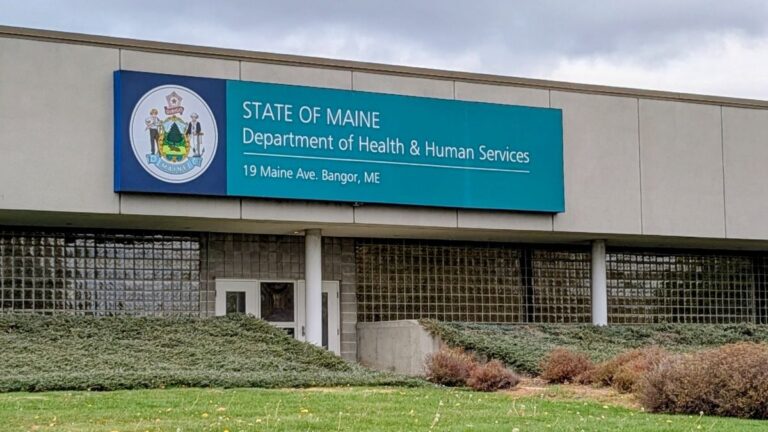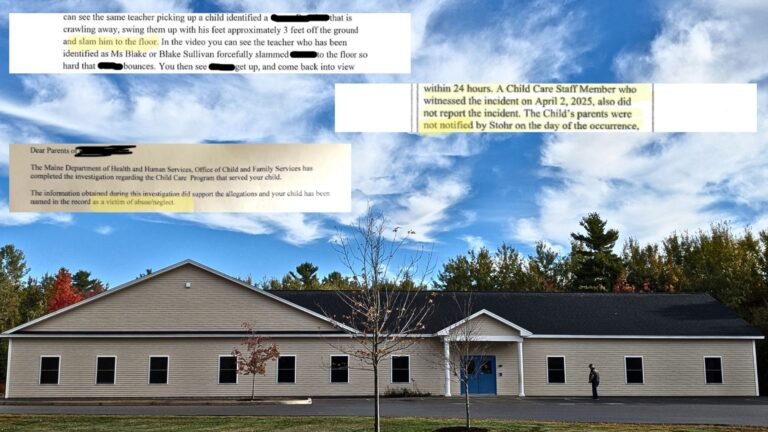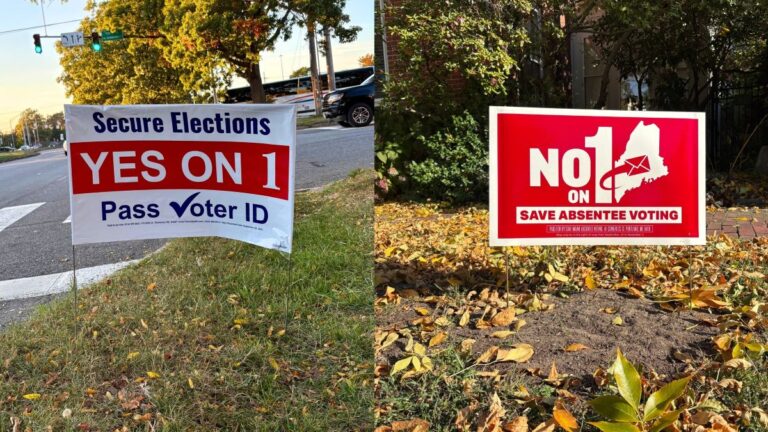We couldn’t have been fully prepared for COVID-19.
But the virus might have been less deadly — no matter how little science knew about it — if government had been better prepared for a major crisis.
The worst events always seem to be a surprise. Legislators may cut spending on preparing for relatively rare events, but in the end it may cost more later, measured in both lives and dollars.
In March, the Maine Legislature by voice vote gave Gov. Janet Mills broad emergency powers. Acting in haste, lawmakers then left Augusta. Understandable under the circumstances, this hasty action was avoidable.
Federal and state governments have failed to plan well for major emergencies. Few people think about a storm when the sun is shining. But under little pressure, and with the opportunity to consider choices, that’s the best time to develop an emergency plan.
While the lessons of COVID-19 are still fresh, this would be the time to begin planning for the next emergency.
When it comes to public health and safety, the states have prime responsibility and new laws should be adopted at the state level. States could also agree in advance on multi-state cooperation. The federal government has the biggest loudspeaker and deepest pockets, so its policies are equally important.
One lesson of COVID-19 is that the federal or state government should speak with a single voice. The president or a governor sets policy, but the spokesperson should be the day-to-day manager of the emergency measures.
Different problems may call for different lead managers, and the law should prescribe who they will be. They must be nonpartisan with measurable expertise in their fields, not political hacks such as the FEMA chief in 2005 during Hurricane Katrina in New Orleans.
The country has looked at the federal level to Drs. Anthony Fauci and Deborah Birx. In Maine, Dr. Nirav Shah has filled this role. But they have not been the daily, authoritative voices so badly needed. Experience has shown that expertise without responsibility does not produce entirely satisfactory results.
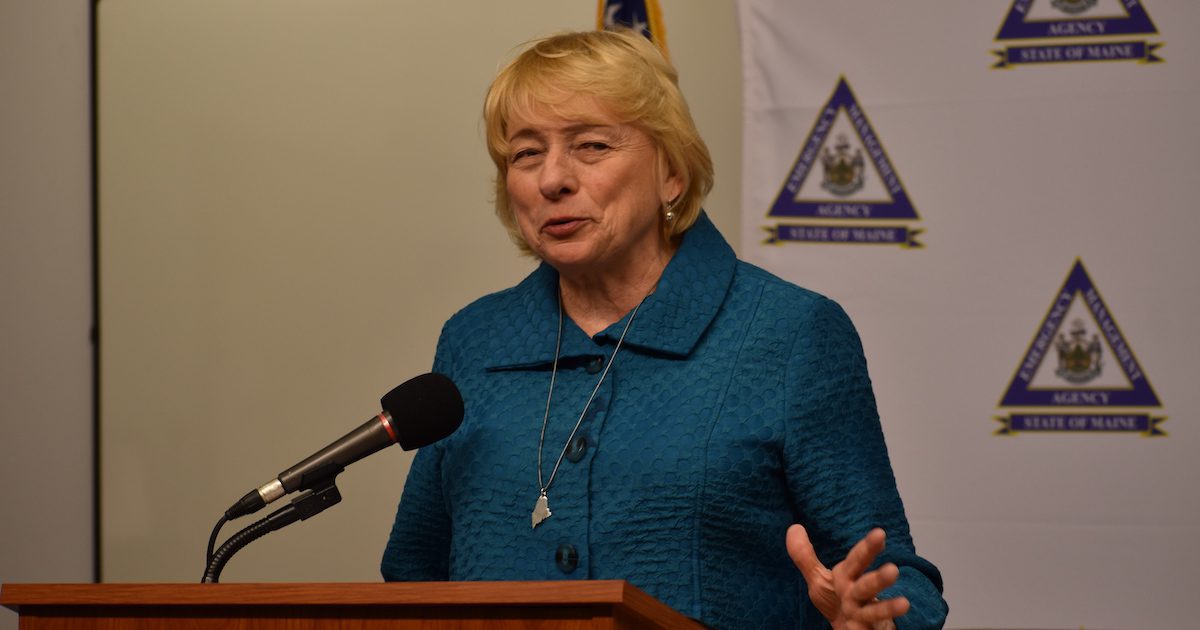
Political leaders worry they will be held responsible for failures, and that’s reasonable. But a defined role for the crisis manager would help relieve any need to act for its own sake.
Of course, elected leaders must make the major decisions about government action and take responsibility for their decisions. They alone can decide on mandates ranging from evacuation in a hurricane to mobilizing the National Guard to quell a riot, to requiring stores to close during a pandemic.
Neither Congress nor the Legislature can manage a crisis and set short-term policy. They must give political leaders emergency powers, though only after having previously adopted management rules.
Legislative bodies should limit the length of time that a president or governor may exercise emergency powers, subject to legislative renewal. The system of government itself can be threatened if lawmakers cede authority for an unlimited period.
Similarly, Congress and the Legislature should require that a chief executive consult publicly with a small group of legislative leaders before acting under emergency powers. The only exception would be a crisis that had to be resolved in less than a day.
In Congress, the legislative leadership, two members from each house, could form that group. In Maine, the 10-member Legislative Council could serve.
In the COVID-19 situation, government is providing multiple directives, often confusing and sometimes contradictory, coming from multiple sources. When information comes from political leaders, the media tends to see it as part of today’s partisan wars.
The crisis managers should be responsible for regular communication with the public. Managers should alert political leaders on what they will announce to the public or if they believe a policy direction is needed. The managers should provide simple data and recommended actions.
It may be overly optimistic to suggest that neutral, factual information might reduce partisanship, but it’s worth a try. At least those who politicize a serious public threat would be more easily identified.
Ultimately, in a large country, government will be unable to ensure compliance with many of its emergency policies. It is futile to speak of compliance in terms of a nonexistent “honor system.”
In an emergency, people need to be motivated to act in their own best interest. That can be accomplished much better than it has in the COVID-19 crisis.
Clear, simple and well-supported information, subject to full media scrutiny, and demonstrating a well-planned and nonpartisan government response, is critically important.
Improved emergency legislation is needed. It should be LD 1 for the next Maine Legislature.




